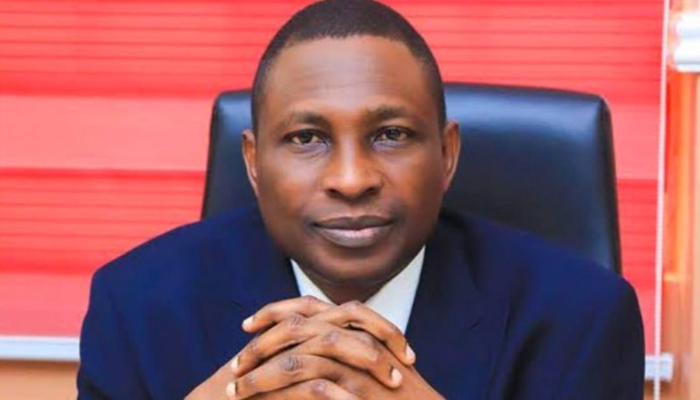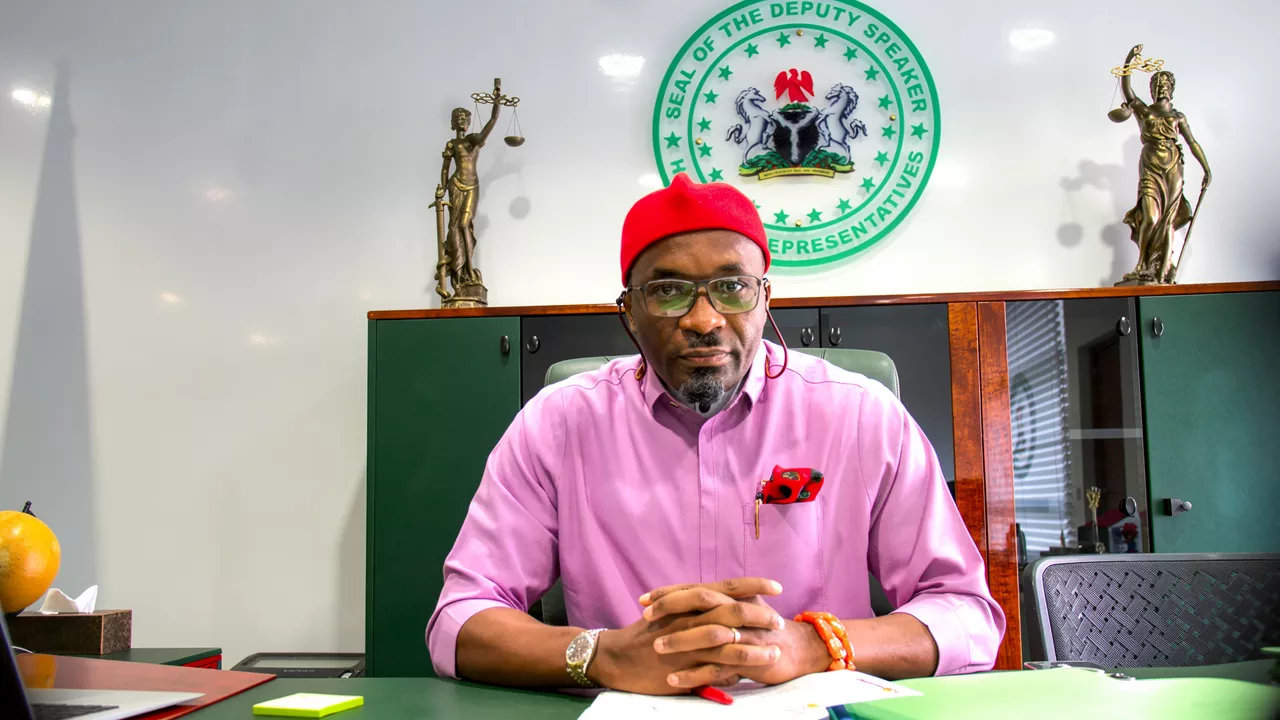
For years, the Economic and Financial Crimes Commission (EFCC) has been recovering billions of naira in corruption proceeds but the question on the mind of many observers is: What happens to the money after being recovered? The answer, until recently, was shrouded in mystery.
Between May 2023 and May 2024, the EFCC, under the leadership of the fifth Executive Chairman of the commission, Olanipekun Olukoyede, made a staggering recovery of over ₦231 billion. The agency also recovered millions in foreign currencies, including $70 million, £29,000, €208,000 and many more. The total recoveries, including Indian rupees, Canadian dollars, Australian dollars, South African rand, UAE Dirhams, Saudi Riyals and Chinese Yuan, demonstrate the Commission’s far-reaching efforts to track down and recover stolen funds.
These recoveries are the result of 12,287 investigations, which led to 5,376 cases being filed in court and 3,451 convictions, with over 15,753 petitions received in the past year.
Many had expressed serious concerns over the level of transparency and accountability in the EFCC and other crime-fighting agencies, especially on how their proceeds are being managed.
To address these concerns, the EFCC, through President Bola Tinubu’s directive, has begun channeling these funds into the Nigerian Education Loan Fund (NELFUND) and other critical infrastructure development projects, marking a significant shift in the fight against corruption.
Recently, President Tinubu directed the EFCC to transfer the sum of N50 billion from the recovered proceeds of crime to NELFUND. EFCC spokesperson, Dele Oyewale, explained that the transfer was in furtherance of President Tinubu’s social intervention policy for the most vulnerable segments of the population, adding that the President, in his wisdom, decided to plough the money into funding the student loan scheme.
“It is not the place of the Commission to determine where the government commits recovered proceeds of crime. But the student loan scheme is a salutary innovation, which has the potential to reduce youth involvement in criminality,” he stated.
NELFUND is a government initiative aimed at providing financial assistance to students pursuing higher education. With the N50 billion donation, the initiative has received a significant boost, enabling it to increase its loan disbursements to deserving students.
Managing Director/CEO of NELFUND, Akintunde Sawyerr, described the student loan scheme as a landmark initiative aimed at unlocking the potential of young Nigerians.
“Recognising the critical role of education, this programme is designed to be inclusive, transparent and accountable, ensuring that loans are allocated based on merit and need,” he said.
Additionally, the appointment of renowned banker, Jim Ovia, as the Chairman of the Board of NELFUND has been described by many as a significant step in ensuring transparency and a deliberate connection between the private and government sectors.
The President believes Ovia would bring his immense wealth of experience and professional stature to this role to advance the vision of ensuring that no Nigerian student suffers a capricious end to their pursuit of higher education over a lack of funds and of ensuring that Nigerian youths, irrespective of who they are, have access to higher education and skills that will make them productive members of society and core contributors to the knowledge-based global economy of this century.
Since the launch of its student loan application portal on May 24, this year, NELFUND has received thousands of student loan applications across the country.
Speaking, Executive Secretary of the National University Commission, Chris Maiyaki, described higher education funding as a global challenge, crucial for both individual success and national development. He noted that underfunding and high costs hinder many from accessing tertiary education, affecting quality, access and equity in the country.
“NUC addressed this issue in 2018 with a monograph, advocating the revival of the student loans scheme. In 2024, President Tinubu signed the Student Loans (Access to Higher Education) (Repeal and Re-enactment) Bill into law, aiming to improve governance, management, eligibility and repayment conditions.
“Nigeria’s higher education sector suffers from underfunding, overcrowded classrooms and inadequate infrastructure. Only a small percentage of students gain admission to tertiary institutions and many families cannot afford the rising costs. This situation necessitates alternative funding models, as the government alone cannot meet the financial demands of the education sector,” he said.
He noted the new student loans scheme marks a significant step in revitalising Nigeria’s higher education sector, adding that by addressing funding inadequacies and expanding access, it promotes educational equity and fosters national development.
The President, National Association of Nigerian Students (NANS), Lucky Emonefe, stated that the Nigerian Education Loan Fund is a revolutionary step forward in Nigeria’s education sector. He expressed optimism that the programme would transform the lives of Nigerian Students and contribute to the Nation’s Economic Development.
“By investing in the education of its citizens, Nigeria is no doubt investing in its future and ensuring that its citizens are equipped to succeed in the 21st Century. The Nigerian Students are now highly motivated and nothing can discourage us,” Emonefe said.
Speaking with The Guardian, a public affairs analyst, Bode Adewuyi, noted that as the EFCC continues to push the boundaries of innovation in the fight against corruption, Nigerians could expect a brighter future where corruption proceeds are harnessed to drive progress and development.
“With the agency’s commitment to transparency and accountability, the nation can look forward to a corruption-free future,” Adewuyi said. To a financial analyst, Dr. Aisha Abdullahi, the EFCC’s innovative approach is a game-changer. He added: “By leveraging corruption proceeds to fund vital projects, the agency is not only promoting transparency but also ensuring that ill-gotten gains are redirected towards the greater good.
“This approach demonstrates the EFCC’s commitment to ensuring that corruption does not only harm but also benefits the nation. By doing so, the agency is setting a precedent for other anti-graft bodies to follow.”
Also speaking, an economist, Dupe Oluwarotimi, said: “The agency’s investment in education is a testament to their commitment to building a better future for Nigeria.
“With the EFCC’s dedication to using corruption proceeds for the greater good, Nigeria is poised for a brighter future. As the agency continues to make strides in the fight against corruption, Nigerians can expect a more transparent, accountable and prosperous nation.”






